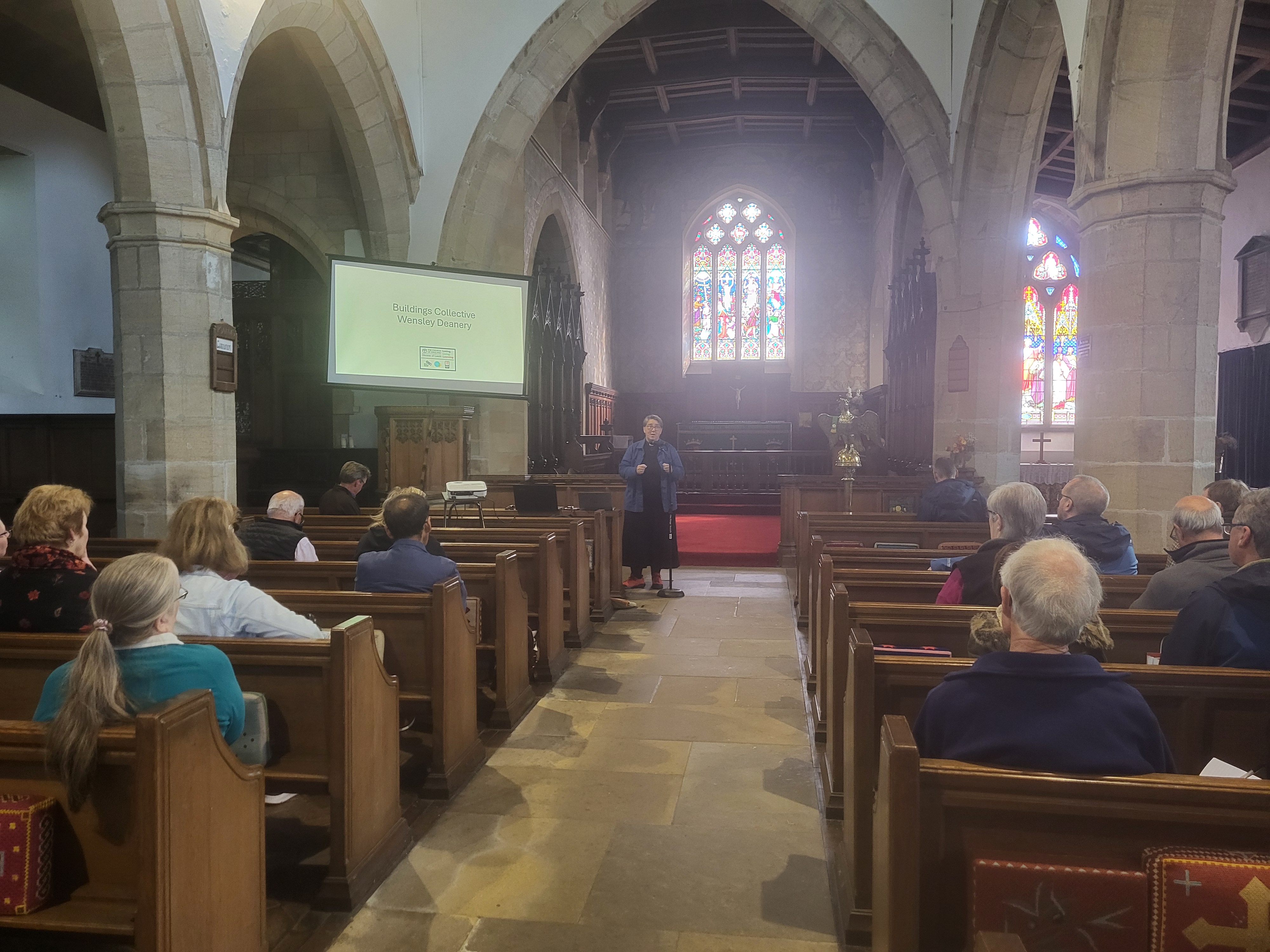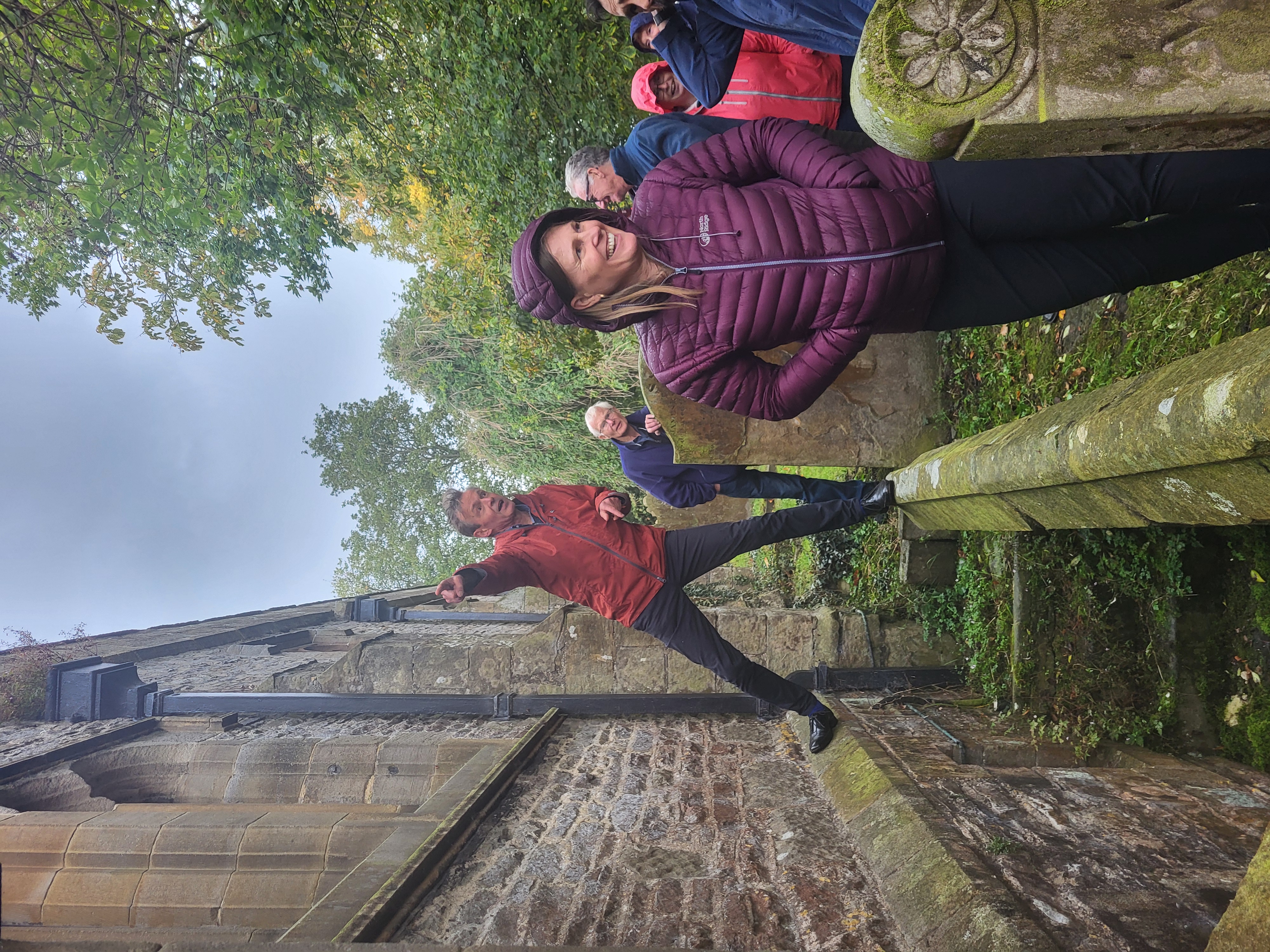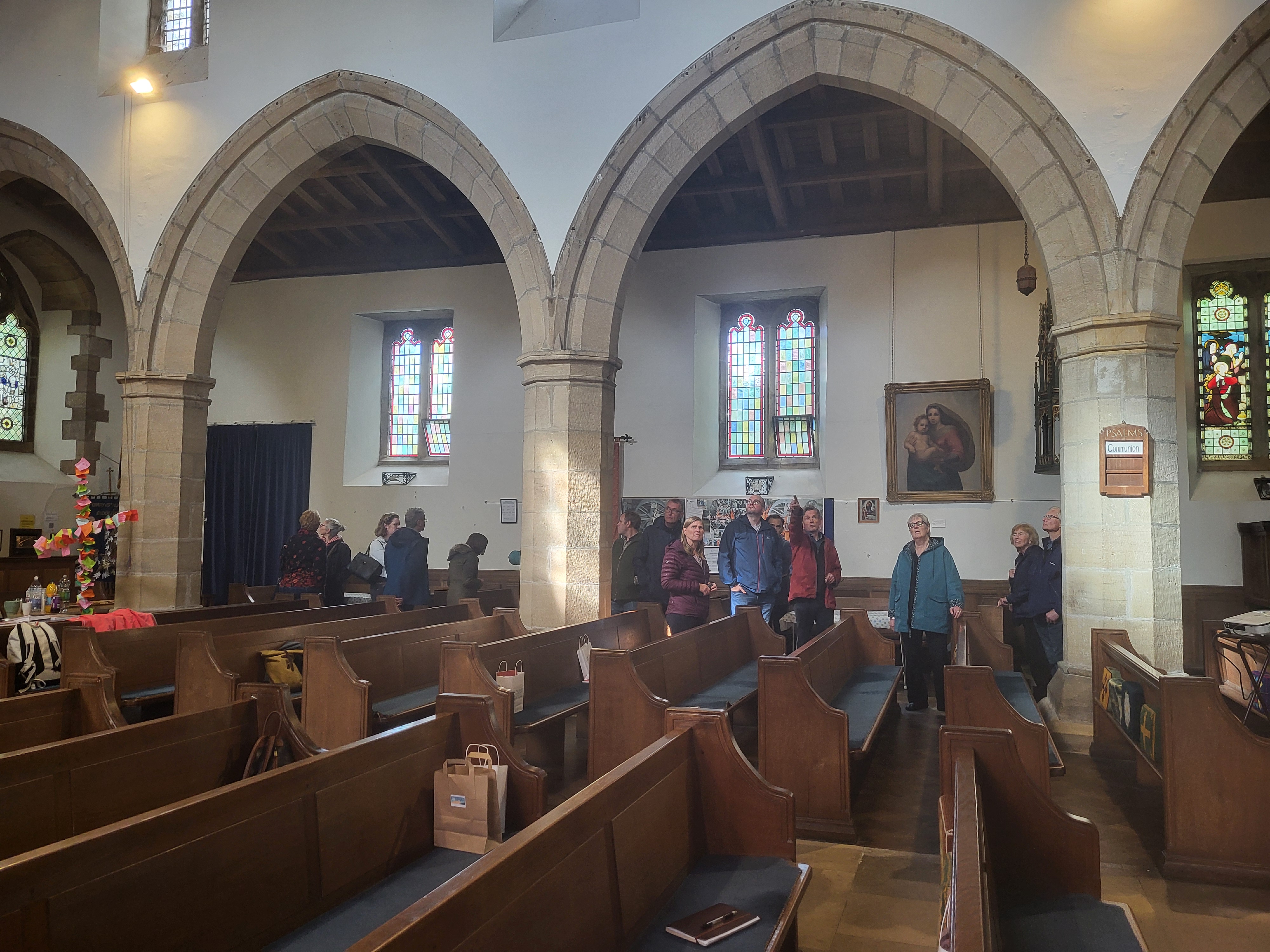 How churches can better work together to help maintain their buildings has been the key focus of a recent Diocese of Leeds project: Maintenance Collectives.
How churches can better work together to help maintain their buildings has been the key focus of a recent Diocese of Leeds project: Maintenance Collectives.
Maintenance Collectives are a concept to improve church building maintenance, focused on collaboration in a geographical area.
Aspects of maintenance and compliance are common between churches, and the projects aim leverage economies of scale and resources across multiple churches.
The Diocese of Leeds has had grant funding from the Church of England's Church Buildings Management Partnerships programme to trial collectives in two areas, one rural and one urban.
Our Maintenance Collective rural pilot has been running in the Wensley deanery in the Ripon area.
The funding is being used to pay for an external architect to support development of bespoke maintenance plans; training sessions for church staff and volunteers; and administrative support for the project and to assist the participating churches.
 The aim of the projects is to make church maintenance easier and less of a burden for clergy, staff and volunteers, enabling them to spend more time and energy on mission.
The aim of the projects is to make church maintenance easier and less of a burden for clergy, staff and volunteers, enabling them to spend more time and energy on mission.
Regular maintenance of buildings should also reduce the need for and cost of major works in the long run.
Recently people from churches in the Wensley deanery were able to attend the Society for the Protection of Ancient Buildings’ Faith in Maintenance course, which is a day-long, award-winning training course, paid for as part of the Maintenance Collective.
Some 20 attendees from the Wensley deanery gathered at St Alkelda and St Mary's Middleham on Saturday, September 13, along with four diocesan participants.
The course focused on equipping attendees with understanding around how to approach church maintenance, looking at the benefits, and where to start.
The day included a guided walkaround of the St Alkelda and St Mary’s to learn what to look for, as well as looking to identify issues as a group, and opportunities to ask questions and discuss issues.
Participants were provided with a toolkit, containing documents and guides to help people look after their places of worship.
The course was well received, with positive reactions and appreciation shared for being able to participate.
Steph Durrant, Administrator for the Upper Wensleydale Benefice, said: “The entire day was well put together and both informative and interesting.
“Not only did we learn a lot about how to spot things going wrong, but it was lovely to be able to network with our colleagues across the patch and with the diocesan Church Buildings Team.”
 A churchwarden in the deanery said: “The whole day was enjoyable and informative.
A churchwarden in the deanery said: “The whole day was enjoyable and informative.
“I found the lecturers were well informed and a font of knowledge I will tap into again, I’m sure.
“It was also useful to talk to others in the same boat and share experiences and problems.
“I look forward to putting it all into practice.”
Another churchwarden said: “I found it very useful, particularly as I am fairly new to the role of churchwarden.
“The speakers were very good and there was a wonderful atmosphere that made me feel that no question would be thought of as daft.”
We are looking to launch our urban pilot Maintenance Collective shortly, and will look to take learnings from both pilots into the future.
In the meantime, to find out what support our Church Buildings Team can offer, please click here.
